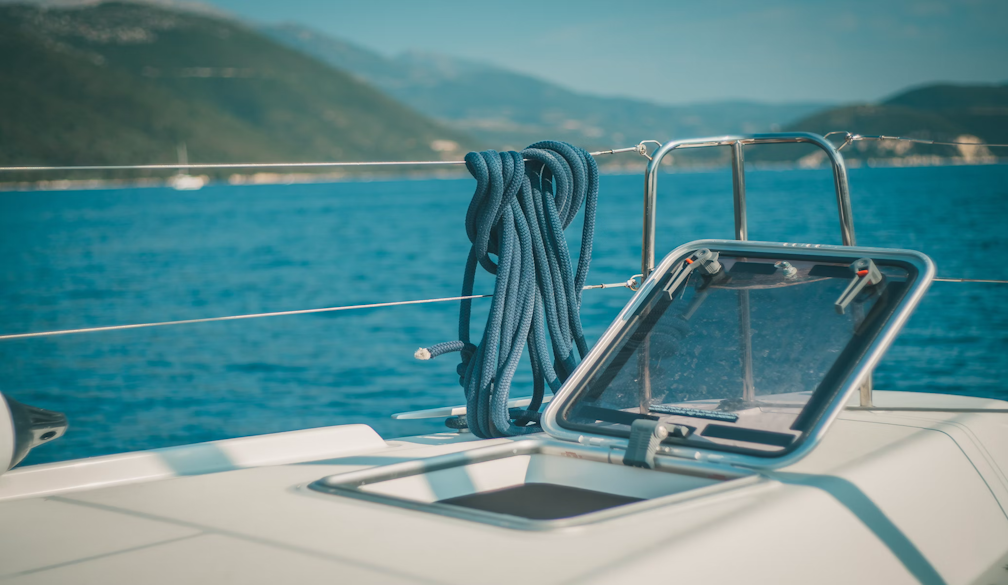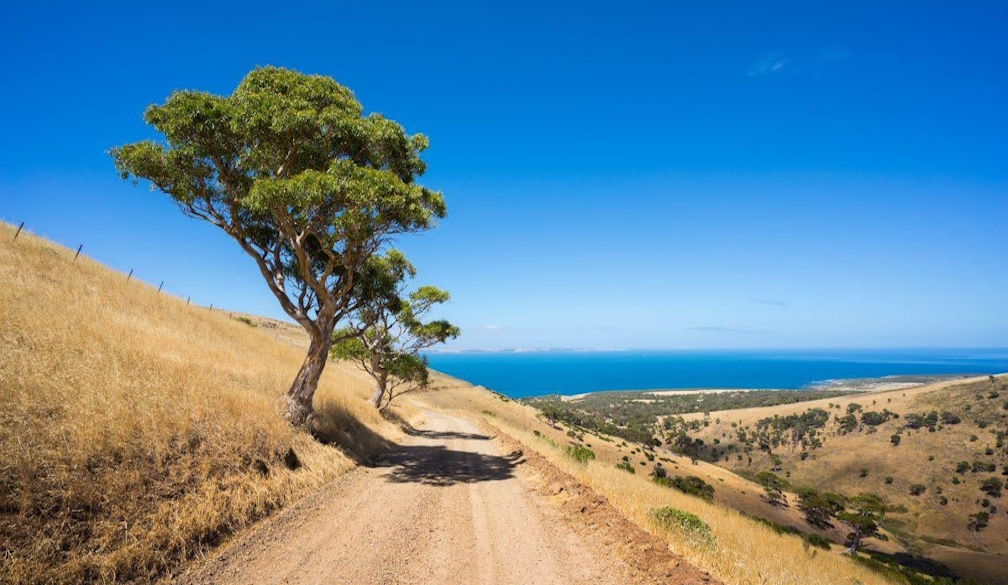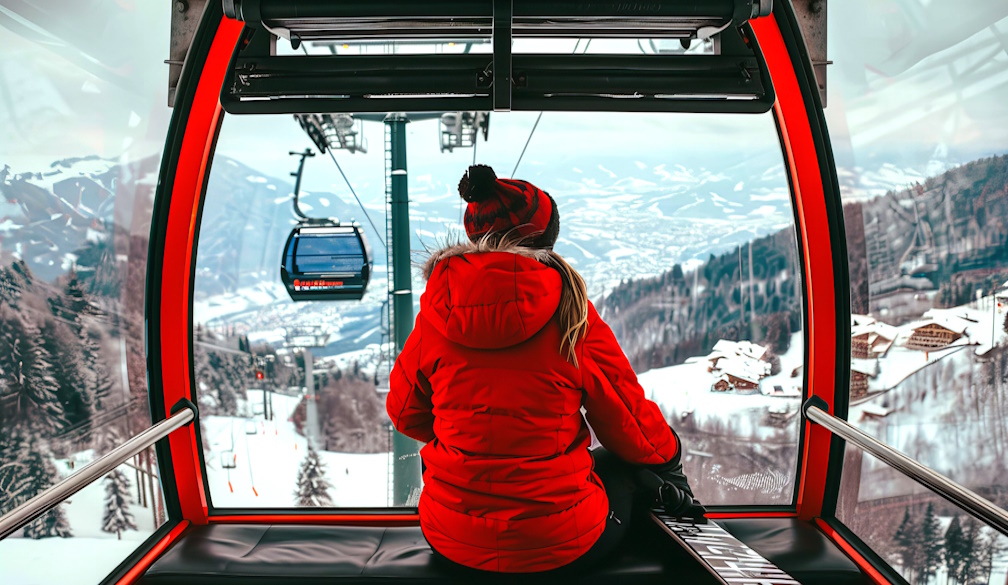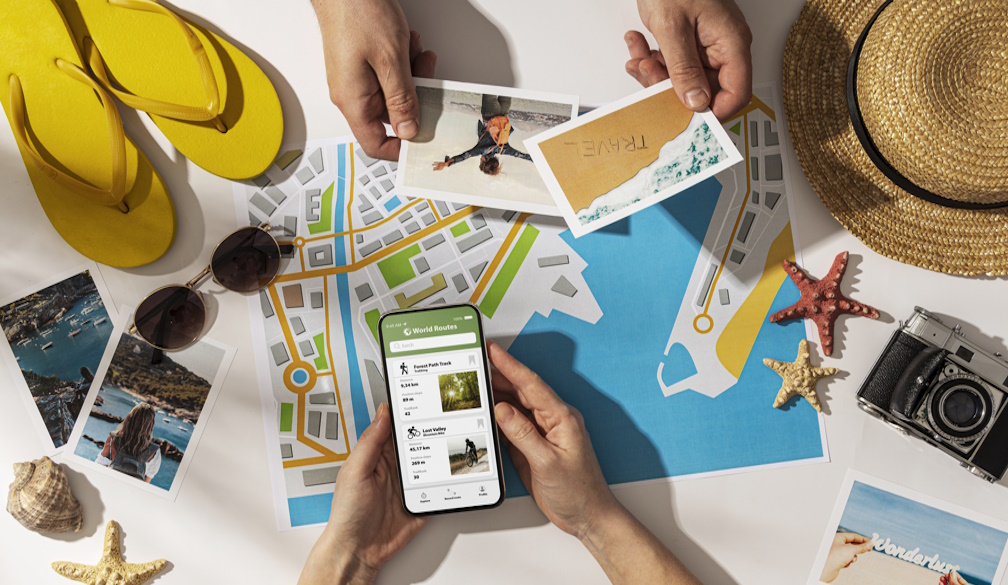Essential Safety Tips for First-Time Yacht Travellers

Yacht travel offers a unique and luxurious way to explore Australia’s coastlines, with crystal-clear waters, secluded bays, and an unparalleled sense of freedom. But whether you're heading out for a day on the water or embarking on a long-term yacht holiday, safety should always be your top priority—especially if it’s your first time aboard. Here are some essential safety tips to ensure your first yachting experience is smooth, enjoyable, and secure.
Familiarise Yourself with the Vessel
Before setting sail, take time to understand the layout and features of your yacht. Locate key safety equipment such as life jackets, fire extinguishers, emergency flares, and the first aid kit. If you're chartering a yacht with a skipper or crew, ask for a quick safety briefing so you know what to do in case of an emergency.
Check Weather Conditions
Weather plays a crucial role in yachting safety. Always check the marine forecast for wind speeds, swell height, and potential storms before departure. Even if you’re on a superyacht, rough conditions can affect comfort and safety. If you’re unsure, speak with your charter provider or skipper for guidance on whether it’s safe to sail.
Pack Smart and Light
Space is limited on a yacht, so pack only the essentials. Choose soft luggage over hard-shell suitcases to maximise storage. Include non-slip shoes, sunscreen, seasickness tablets, a waterproof jacket, and personal medications. Avoid bringing valuables unless absolutely necessary.
Respect Safety Instructions and Rules
Just like on an aircraft, safety rules exist for a reason. Always listen to your crew and follow their instructions—particularly during docking, anchoring, or any emergency drills. If you’re self-skippering, brush up on maritime regulations and navigation rules before you go.
Stay Hydrated and Sun-Safe
Sun exposure is amplified at sea, where the sun reflects off the water’s surface. Drink plenty of water, wear a hat and UV-rated sunglasses, and reapply sunscreen regularly. Dehydration and sunburn can sneak up quickly, especially when you're relaxed and enjoying the scenery.
Know How to Use Life Jackets and Emergency Gear
All passengers should know how to correctly wear a life jacket and be aware of its location. If children are on board, make sure they are fitted with appropriately sized jackets and wear them at all times on deck. Familiarise yourself with emergency protocols, including how to use a VHF radio to call for help.
Watch Your Step
Yachts can have slippery surfaces, particularly when wet. Move carefully around the deck, use handrails, and avoid running or jumping between areas. At night, make sure the yacht’s lighting is adequate and use a torch if needed to navigate safely.
Limit Alcohol Consumption
While a glass of wine or champagne is part of the yachting allure, too much alcohol can impair judgement, balance, and coordination—important faculties when you're at sea. Enjoy responsibly, especially when the vessel is underway or in rougher conditions.
Secure Belongings and Lock Cabinets
Rough seas or sudden movements can send unsecured items flying, causing injury or damage. Make it a habit to stow loose items in secure lockers and keep cabinet doors latched at all times. When not in use, personal electronics and valuables should be stored safely.
Consider a Longer Itinerary with Safety in Mind
If you’re contemplating a long-term yacht holiday, safety planning becomes even more critical. Extended trips may include remote destinations where access to medical facilities or supplies is limited. Ensure your yacht is well-provisioned, equipped with a water maker or ample reserves, and that you or your skipper has up-to-date safety training.
A yacht adventure can be the trip of a lifetime—whether you're island-hopping in the Whitsundays or enjoying luxury on Sydney Harbour
With a little preparation and an emphasis on safety, first-time yacht travellers can cruise with confidence and peace of mind. Always charter with a reputable provider, follow maritime guidelines, and most importantly—enjoy the journey.










